

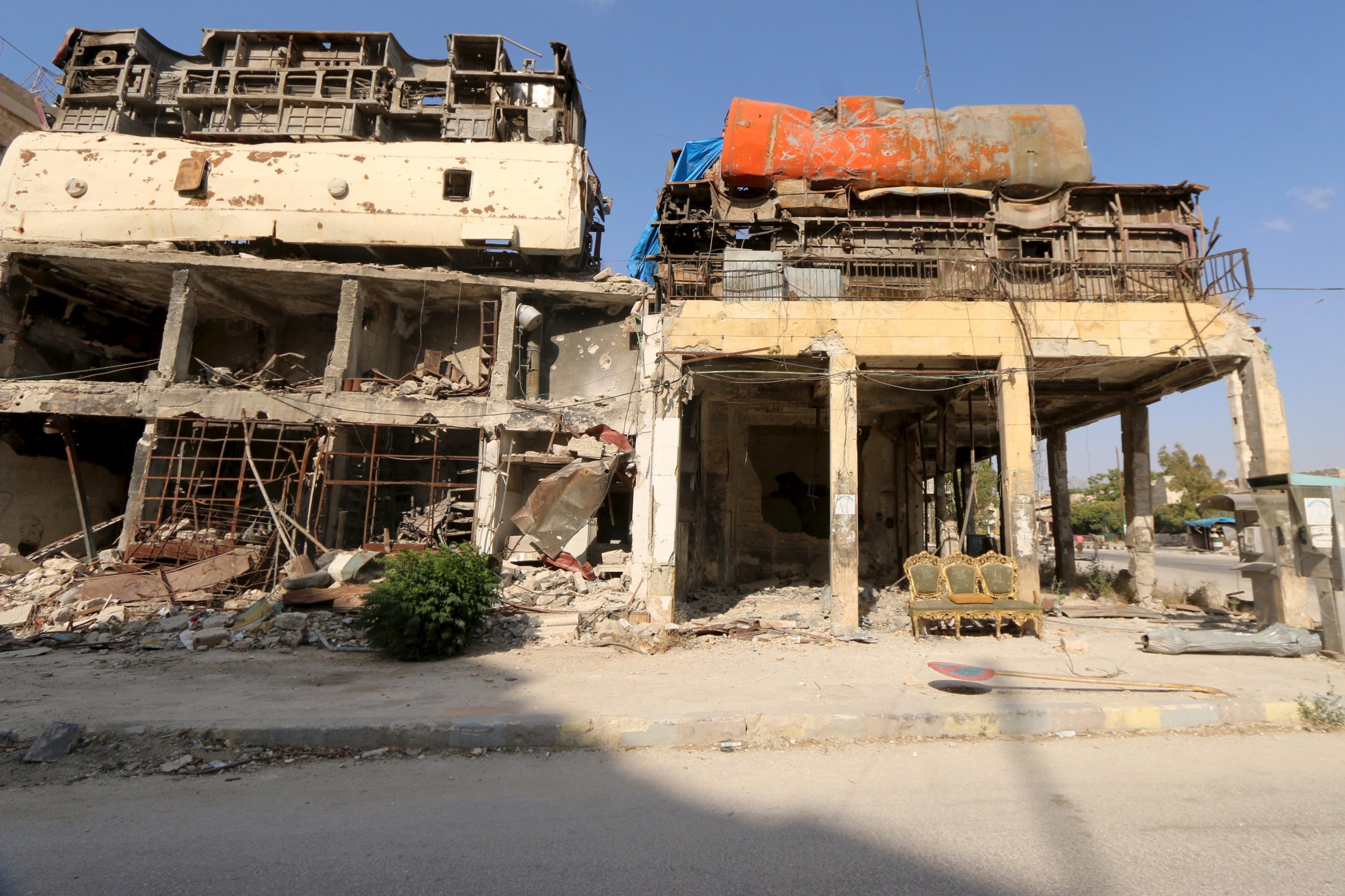
A major offensive by Hayat Tahrir al-Sham (HTS) and thousands of insurgents has breached Aleppo's western edge, marking the most intense violence in northwestern Syria since 2020. The attack has caused widespread displacement and disrupted services, with experts warning of potential destabilization in the region. Iran's involvement in Syria has been challenged by intensified Israeli strikes, while Turkey has reportedly supported the insurgents with strategic aid. This latest development has raised fears of prolonged instability and a potential impact on neighboring countries and ongoing humanitarian efforts in the conflict-torn region.
Syria Conflict: HTS Offensive and Regional Implications
Background
Syria has been embroiled in a devastating civil war since 2011, pitting the government forces against rebel groups and extremist organizations. The conflict has claimed hundreds of thousands of lives, displaced millions, and left the country in ruins.
Hayat Tahrir al-Sham (HTS), formerly known as Jabhat al-Nusra, is an Islamist militant group that emerged as a major force in the Syrian conflict. HTS controls large parts of Idlib province in northwestern Syria, which has become the last major rebel stronghold in the country.
Recent Offensive
On January 20, 2023, HTS and thousands of insurgents launched a major offensive against government-held areas on the western edge of Aleppo. The attack marks the most intense violence in northwestern Syria since 2020.
The offensive has caused widespread displacement, with tens of thousands of civilians fleeing their homes. Essential services, including electricity and water supply, have been disrupted. Experts fear that the violence could destabilize the region and fuel further humanitarian suffering.
External Involvement
The Syrian conflict has drawn the attention of regional and international powers. Iran has been a key supporter of the Syrian government, providing military and financial assistance. In response, Israel has intensified its airstrikes against Iranian targets in Syria.
Turkey, on the other hand, has reportedly supported the insurgents in northwestern Syria with strategic aid. Turkey's role in the conflict is complex, as it seeks to balance its own interests with international pressure to resolve the crisis.
Concerns and Implications
The latest developments in the Syrian conflict raise fears of prolonged instability and a potential impact on neighboring countries. The violence could exacerbate the humanitarian crisis in the region, and there are concerns that it could destabilize Lebanon and Jordan, which host large numbers of Syrian refugees.
The conflict also poses a threat to ongoing humanitarian efforts. Aid organizations are struggling to reach civilians trapped in conflict zones, and the violence is hindering their operations.
Top FAQs
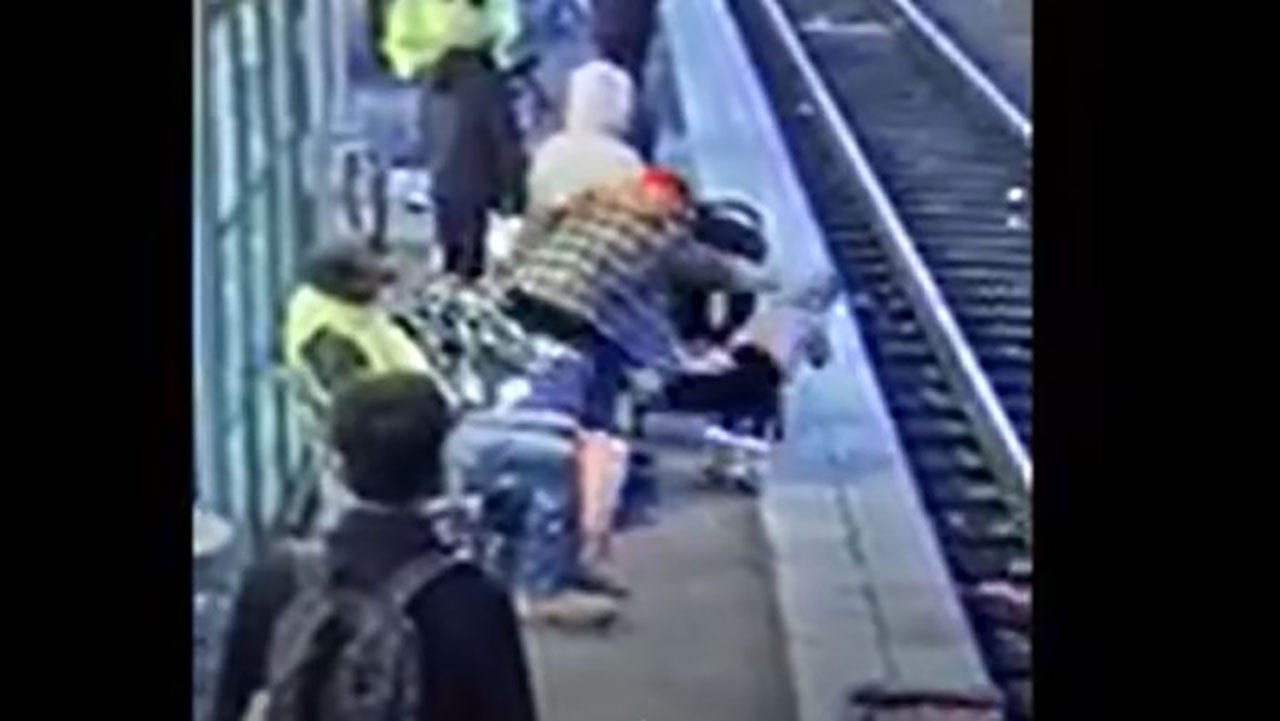
A video of an elderly man from Bangladesh being assaulted on a train has gone viral on social media, with claims that the incident took place in West Bengal. However, further investigation reveals that the incident actually happened in Bangladesh, and the man was asked to pay extra money despite having a ticket. The video, which was published by a verified Bangladeshi news outlet, shows the man sharing his ordeal with a reporter.
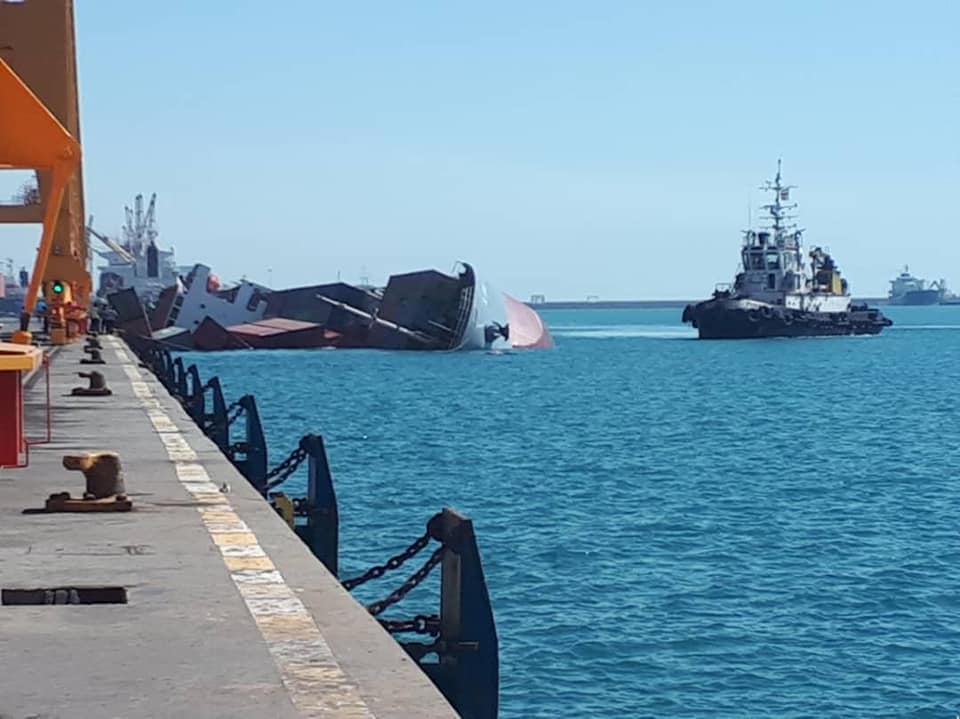
A massive explosion at Iran's Shahid Rajaee port in Bandar Abbas has left at least 516 people injured, according to preliminary reports. The cause of the explosion, which rocked the port city on Saturday, is still unclear. The incident occurred as Iran began its third round of nuclear talks with the United States in Oman. Videos and images shared on social media show a plume of black smoke rising from the port, with reports of shattered windows and a mushroom cloud forming. The port's activities have been suspended as emergency personnel work to put out the fire and attend to the injured.

A Pakistani man, whose two children suffer from a congenital heart condition, has appealed to the Indian and Pakistani governments for permission to complete their medical treatment in India. This comes after the recent cancellation of SAARC visa privileges following the Pahalgam terror attack. As tensions rise between the two nations, the father is pleading for his children's lives as their treatment is only possible in India. Meanwhile, tensions remain high as over 100 Indian nationals in Pakistan returned to India on Thursday, while more followed on Friday.
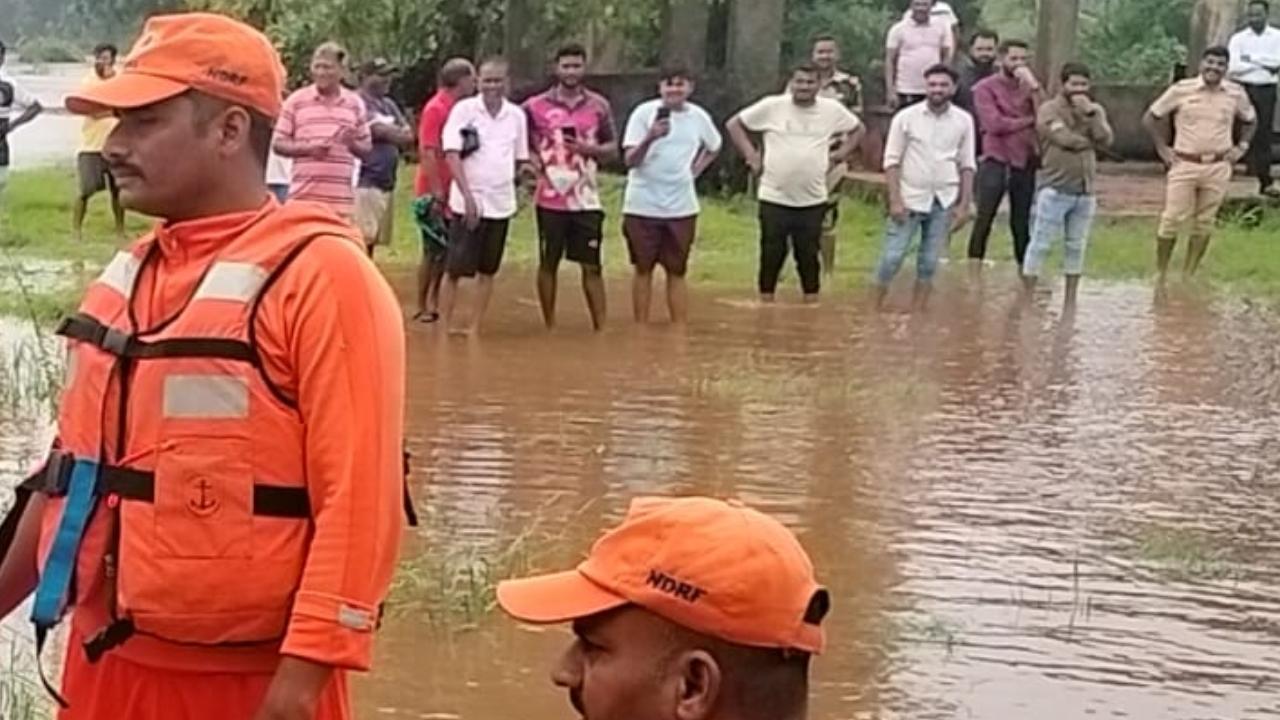
The Palghar district of Maharashtra, known for its vulnerability to natural calamities, has taken a step towards better disaster management by equipping 259 gram panchayats with specialized Disaster Response Kits. These kits, containing essential rescue and safety equipment, will ensure that villages are able to respond quickly and effectively during emergencies. In addition, the district plans to recruit 500 trained disaster response volunteers, called "Apda Mitras", to assist during disasters. With natural disasters becoming more frequent and severe, this proactive step by Palghar district is a crucial move towards strengthening disaster preparedness at the grassroots level.
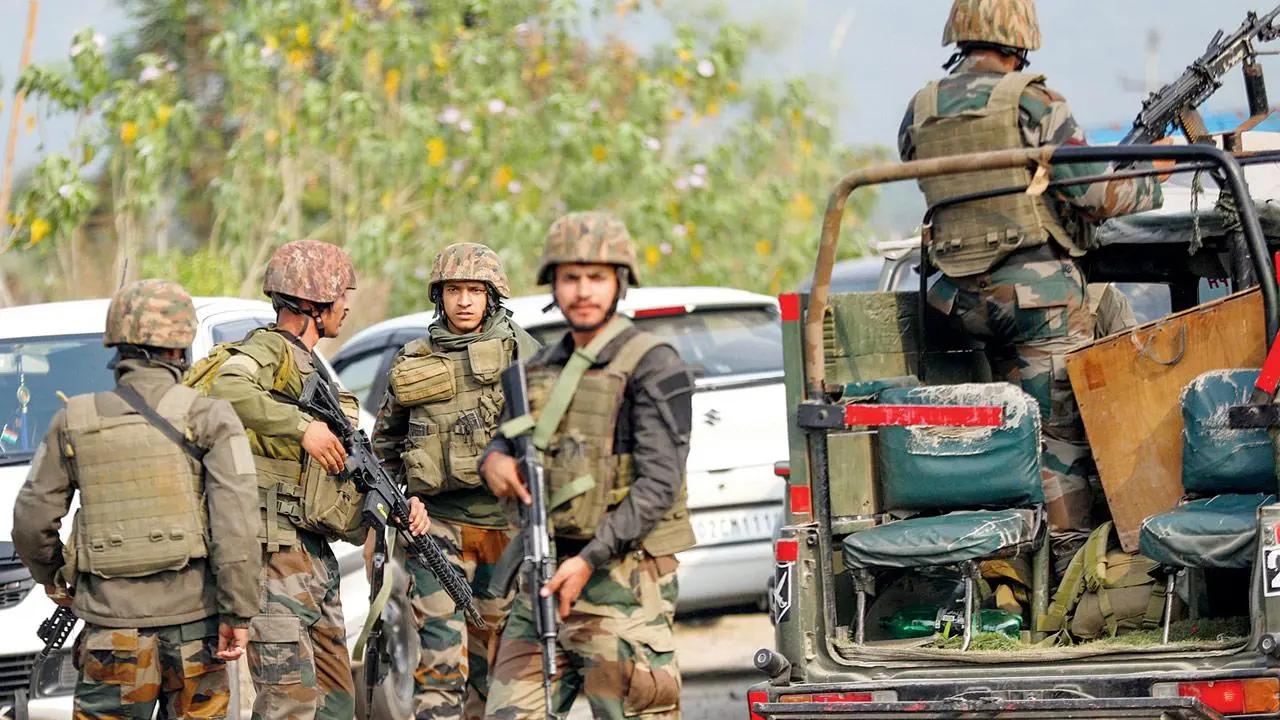
Indian security forces successfully eliminated top Lashkar-e-Taiba commander Altaf Lalli during an encounter in Bandipora, Jammu and Kashmir on Friday. The encounter occurred amidst a joint search operation launched by the Indian Army and Jammu and Kashmir Police to track down those responsible for the Pahalgam terror attack on April 22. Army Chief General Upendra Dwivedi has arrived in Jammu and Kashmir to conduct a comprehensive security review and track the progress of the operation.
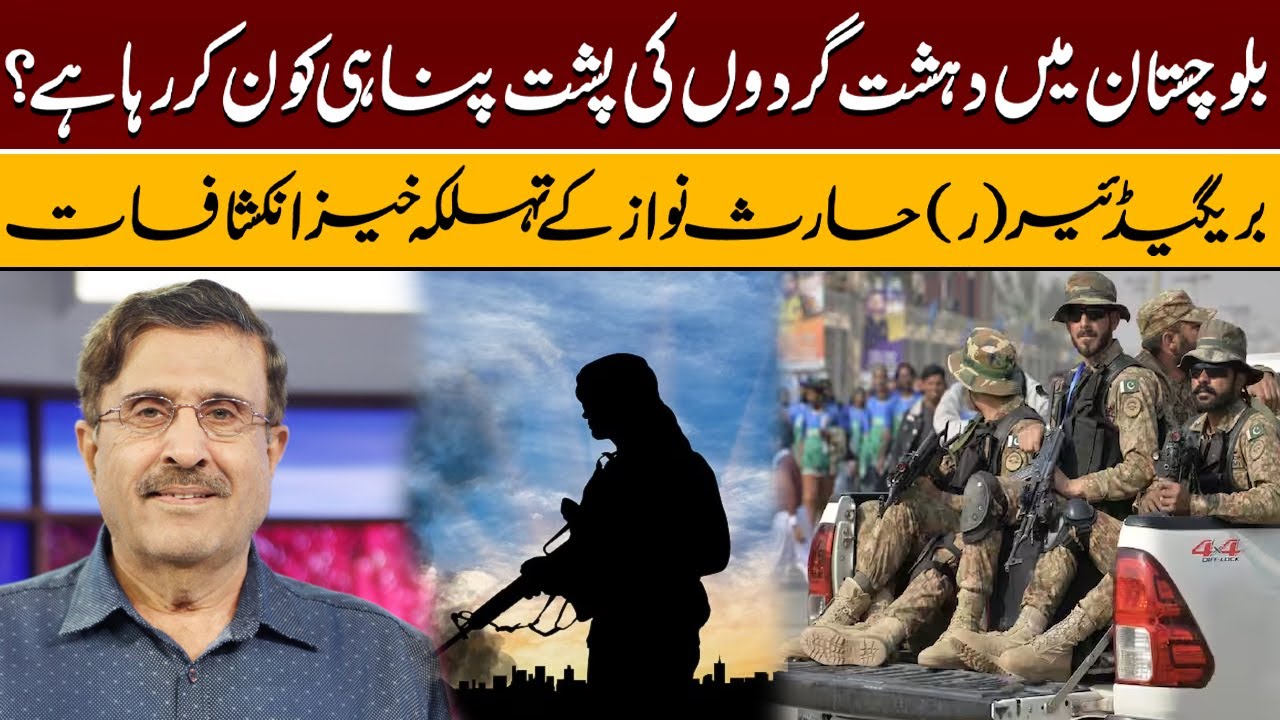
In a statement that has sent shockwaves through the international community, Pakistan's Defense Minister Khawaja Asif has admitted on an interview with Sky News journalist Yalda Hakim that his country has been aiding terrorist organizations for the past three decades. This confession serves as a vindication of India's longstanding claims about Pakistan's involvement in terrorism, particularly in the recent Pahalgam terror attacks where 26 people were killed. Asif also made contradictory claims, denying knowledge of the presence of Lashkar-e-Taiba's offshoot, The Resistance Front, while proclaiming that Lashkar "does not exist" anymore.

Israeli Prime Minister Benjamin Netanyahu reportedly ordered a covert operation by Mossad, codenamed Operation Zeppelin, to shield Indian billionaire Gautam Adani from a negative campaign linked to the Hindenburg Research report. The operation involved two elite units and spanned several countries, targeting individuals allegedly behind the campaign, including American and British hedge fund managers, investigative journalists, and political operatives possibly tied to the Biden administration and billionaire George Soros. Among the shocking claims in the report, Mossad is said to have surveilled prominent Indian opposition leaders and tracked Congress leader Rahul Gandhi, with evidence allegedly found of coordination between opposition figures and the Hindenburg team.
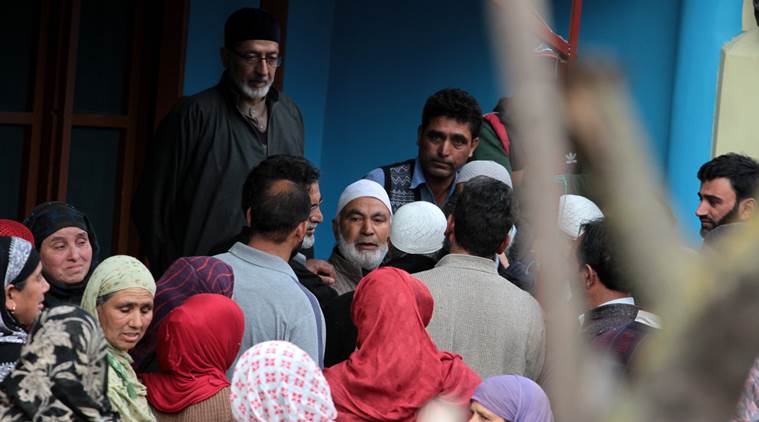
Debasish Bhattacharya, a professor at Assam University, was on a family trip to Kashmir when terrorists attacked Pahalgam. Bhattacharya, who grew up in a Muslim neighbourhood, was able to save his family's lives by reciting the Kalma, a declaration of faith in Allah. The terrorists asked him if he was reciting the Kalma or calling upon Lord Ram, but Bhattacharya's knowledge of the verses helped keep them at bay.

On April 25, the world will come together to observe World Malaria Day, which was established by the World Health Organization to raise awareness about the deadly disease and the need for continued investment and commitment. This year's theme, "Malaria Ends With Us: Reinvest, Reimagine, Reignite," highlights the importance of collective action and innovation in eliminating malaria. The campaign, led by the WHO and global partners, aims to accelerate progress towards a malaria-free world through a range of initiatives at all levels.
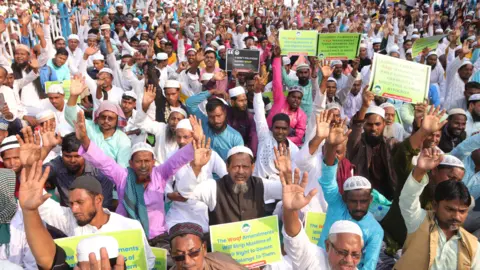
Bangladeshi far-right group Khelafat Majlish plans to stage a mass march to the Indian Embassy in Dhaka to protest against the recently passed Waqf (Amendment) Act by the Indian Parliament. The outfit's leader, Maulana Mamunul Haque, claims that the Act aims to illegally acquire Muslim-owned lands for the construction of religious structures by giving them legal backing. This move has sparked outrage among Muslims in India, who see it as an interference in their religious rights. Meanwhile, the Indian government has condemned the recent spate of violent attacks on minority communities in Bangladesh, with the Ministry of External Affairs describing it as part of a disturbing pattern of persecution under the country's interim administration.